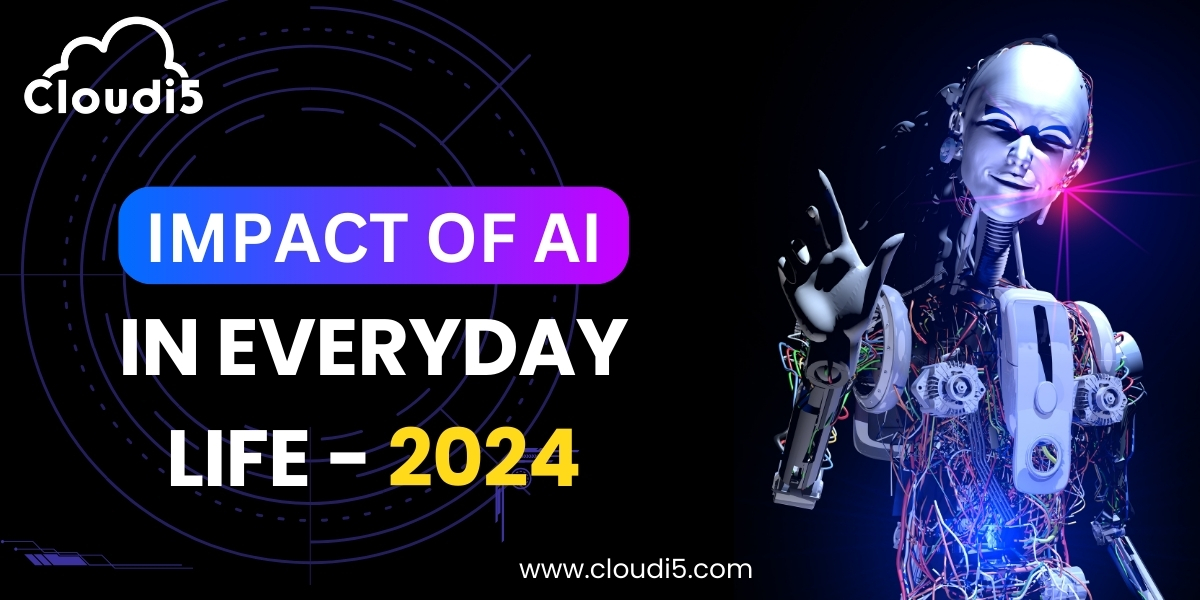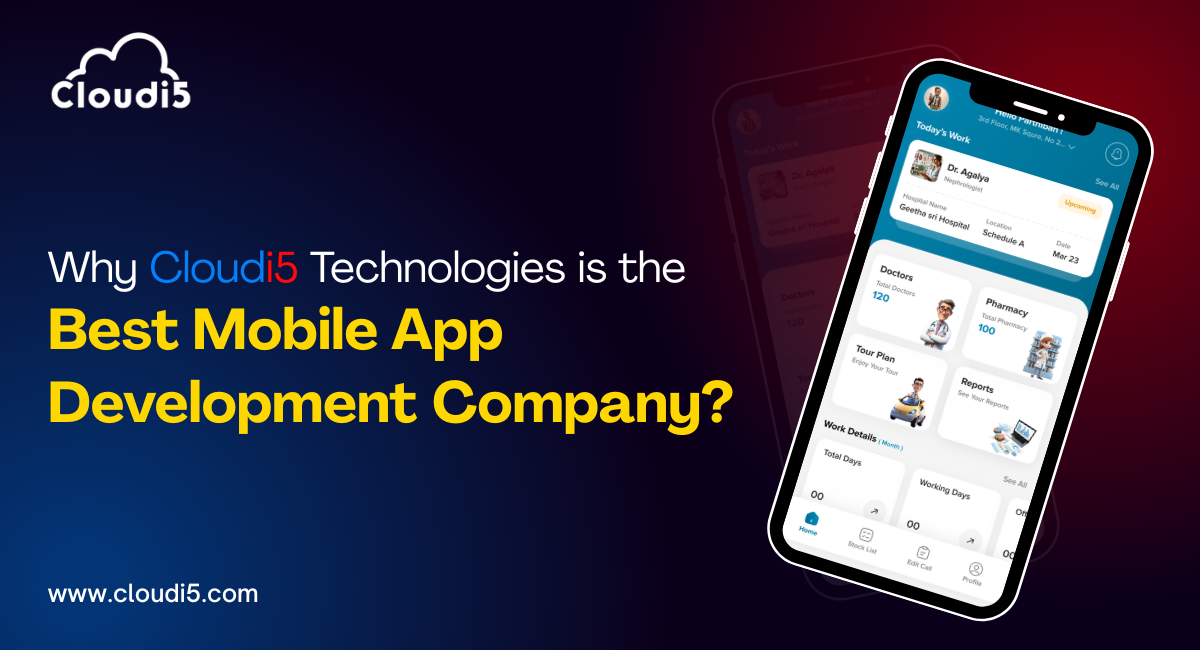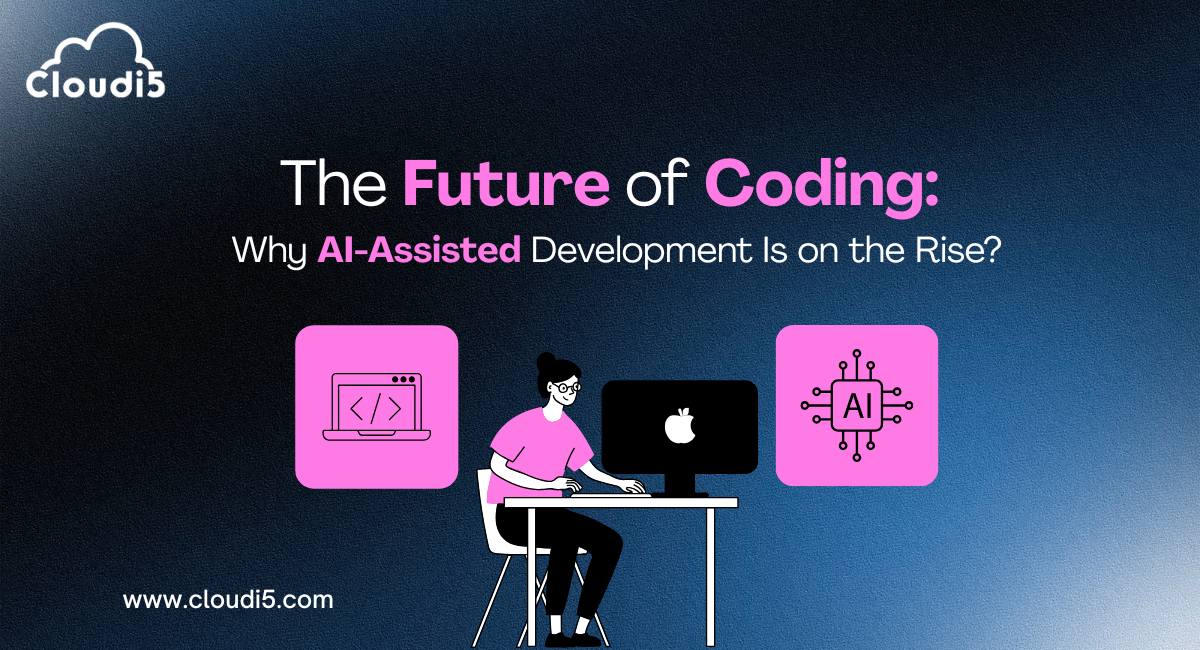
The Impact Of AI On Everyday Life: A 2024 Overview
Step into the future as we unravel the dynamic tapestry of artificial intelligence, which is woven into the fabric of our daily lives. In this fascinating examination, we look at "The Impact of AI on Everyday Life: A 2024 Overview," where the lines between science fiction and reality blur, ushering in a new era of creativity, ease, and deep transformation. Join us on a voyage across the landscapes of intelligent machines, algorithmic miracles, and the countless ways AI impacts the world we live in, the decisions we make, and the very substance of our modern life. The 2024 overview emphasizes the myriad uses of artificial intelligence, from personalized virtual assistants improving productivity to predictive analytics optimizing healthcare outcomes, demonstrating how AI has become an integral and transformative force in shaping the fabric of our everyday lives.
Understanding AI in 2024:
In the ever-changing technological landscape, comprehending Artificial Intelligence (AI) in 2024 reveals a dynamic tapestry of innovation and transformation. Advances in neural networks are at the forefront, resulting in a major increase in the capabilities of machine learning algorithms. These complex systems not only display remarkable data processing proficiency, but they also have real-world applications in a variety of industries. Artificial intelligence's widespread influence is highlighted by the remarkable rise of digital intelligence, seamlessly integrating with our daily lives and redefining the way we work, communicate, and traverse the ever-changing environment of technology.
Ethical considerations remain a critical focus as society grapples with issues of bias, privacy, and responsible AI use. The collaborative dance between humans and AI takes centre stage, altering work settings and emphasizing the interplay of human ingenuity and machine efficiency. As we approach 2024, the exponential increase of data is the lifeblood of AI, sparking insights and breakthroughs that challenge our idea of what's possible. With AI entering every aspect of our lives, from education to security, this period exemplifies the revolutionary power of intelligent technologies, transforming the world we live in in ways both expected and unexpected.
AI in Daily Activities:
Artificial intelligence is becoming a vital tool in our daily lives, effortlessly integrating into web development processes and increasing efficiency by automating jobs, streamlining code, and constantly refining the user experience across several online platforms. Here's how AI improves and affects our everyday experiences:
Smart Homes: Artificial intelligence controls gadgets that alter lighting, temperature, and security systems based on user preferences, resulting in individualized living environments.
Voice Assistants: Virtual assistants such as Siri and Alexa respond to voice commands by doing tasks such as creating reminders, answering questions, and managing smart home devices.
Content suggestions: AI algorithms evaluate user behaviour to provide personalized content suggestions across many platforms, including streaming services and social media.
Health and workout Apps: AI-powered applications track physical activity, evaluate health data, and offer individualized workout plans to improve well-being.
Autonomous Vehicles: AI integration in transportation advances autonomous vehicles, offering safer and more efficient commutes.
Virtual Personal Assistants: AI-powered assistants automate daily tasks, including scheduling, email composing, and increasing overall productivity.
AI algorithms provide predictive text recommendations on smartphones, simplifying and speeding up the typing experience.
E-commerce Personalization: AI evaluates user preferences to make personalized product recommendations, which improves the online buying experience.
Language Translation: AI-powered solutions reduce language barriers, allowing for seamless communication in a globalized society.
Financial Apps: AI helps with financial management by providing insights into spending habits, budgeting assistance, and facilitating educated decision-making.
Impact on work and employment:
The incorporation of Artificial Intelligence (AI) into the workforce has ushered in a transformational era, fundamentally altering the nature of labour and employment. On the one hand, AI improves efficiency and productivity by automating routine operations, freeing human workers to focus on more complicated and creative elements of their jobs. However, this technological transformation raises concerns about job displacement, especially in fields where automation is quickly evolving. Despite this, the rise of AI generates new job opportunities, necessitating a workforce trained to develop, maintain, and oversee AI systems.
Ethical concerns, including privacy and bias, complicate AI implementation, underlining the need for ethical and transparent methods. In navigating this disruptive landscape, upskilling and reskilling efforts become critical, ensuring that the workforce remains adaptable and capable of reaping the benefits of AI while addressing the problems it presents. Finally, the successful integration of AI into the workplace requires a balanced and collaborative approach that capitalizes on the skills of both humans and intelligent computers.
Positive Transformations:
Enhanced Efficiency: AI streamlines processes and automates routine jobs, resulting in enhanced efficiency across a variety of industries.
AI is changing healthcare by enabling better diagnostic tools, individualized treatment plans, and predictive analytics.
Productivity Boost: AI boosts productivity in industries ranging from manufacturing to finance by streamlining operations, managing data, and allowing for faster decision-making.
Individualized Experiences: AI systems analyze data to deliver individualized experiences in entertainment, marketing, and online commerce, hence increasing customer pleasure.
Educational Advancements: AI improves education by providing individualized learning platforms, adaptive tutoring systems, and intelligent material recommendations.
Improved Customer Service: AI-powered chatbots and virtual assistants enhance customer service by giving immediate responses and seamless client experiences.
While AI integration presents obstacles and ethical considerations, its positive transformation is visible across a wide range of sectors, demonstrating the ability to improve our lives, promote innovation, and build a more integrated and efficient global society.
Future of AI:
The intersection of artificial intelligence and the future of web design is transforming digital landscapes, ushering in a new era of inventive user experiences, dynamic interfaces, and flawlessly responsive platforms. Predicting the future is always speculative, but certain trends are predicted to shape several domains in the next years. Here are some possible futures of AI.
AI Everywhere: Artificial intelligence (AI) is predicted to grow even more widespread, influencing daily life, corporate operations, and decision-making in a variety of industries.
Advancements in Quantum Computing: Further progress in quantum computing is expected, with potential breakthroughs in solving difficult problems and addressing obstacles that are currently beyond the capability of classical computers.
5G Ubiquity: The widespread use of 5G technology is expected to increase, providing quicker and more dependable connectivity for a wide range of applications, including IoT devices and augmented reality.
AR and VR Integration: Augmented Reality (AR) and Virtual Reality (VR) technologies are expected to become more fully integrated into industries such as education, healthcare, and entertainment, providing immersive experiences.
Biotech Innovations: More innovations are expected in biotechnology, which could lead to breakthroughs in personalized medicine, gene therapies, and advances in understanding and treating numerous diseases.
These projections are based on current technical trends, but it is critical to recognize that external influences, unanticipated occurrences, and cultural shifts can all impact the course of these advancements. The future landscape will most likely be defined by a combination of innovation, flexibility, and reactions to global concerns.
Conclusion:
Finally, 2024 represents an important turn in the ever-changing interaction between artificial intelligence and ordinary life. The widespread adoption of AI technology has not only revolutionized different areas of our daily lives but has also brought unparalleled conveniences, efficiency, and improvements across a wide range of industries. While the advantages are obvious, it is critical to be vigilant about potential ethical considerations, privacy difficulties, and the need for responsible AI research. As we navigate this changing terrain, a careful and inclusive approach to AI implementation will be required to fully realize its promise for societal benefit, ensuring that AI's positive impact on everyday life thrives in a balanced and ethically sound manner.
Trusted By












Leave Comments